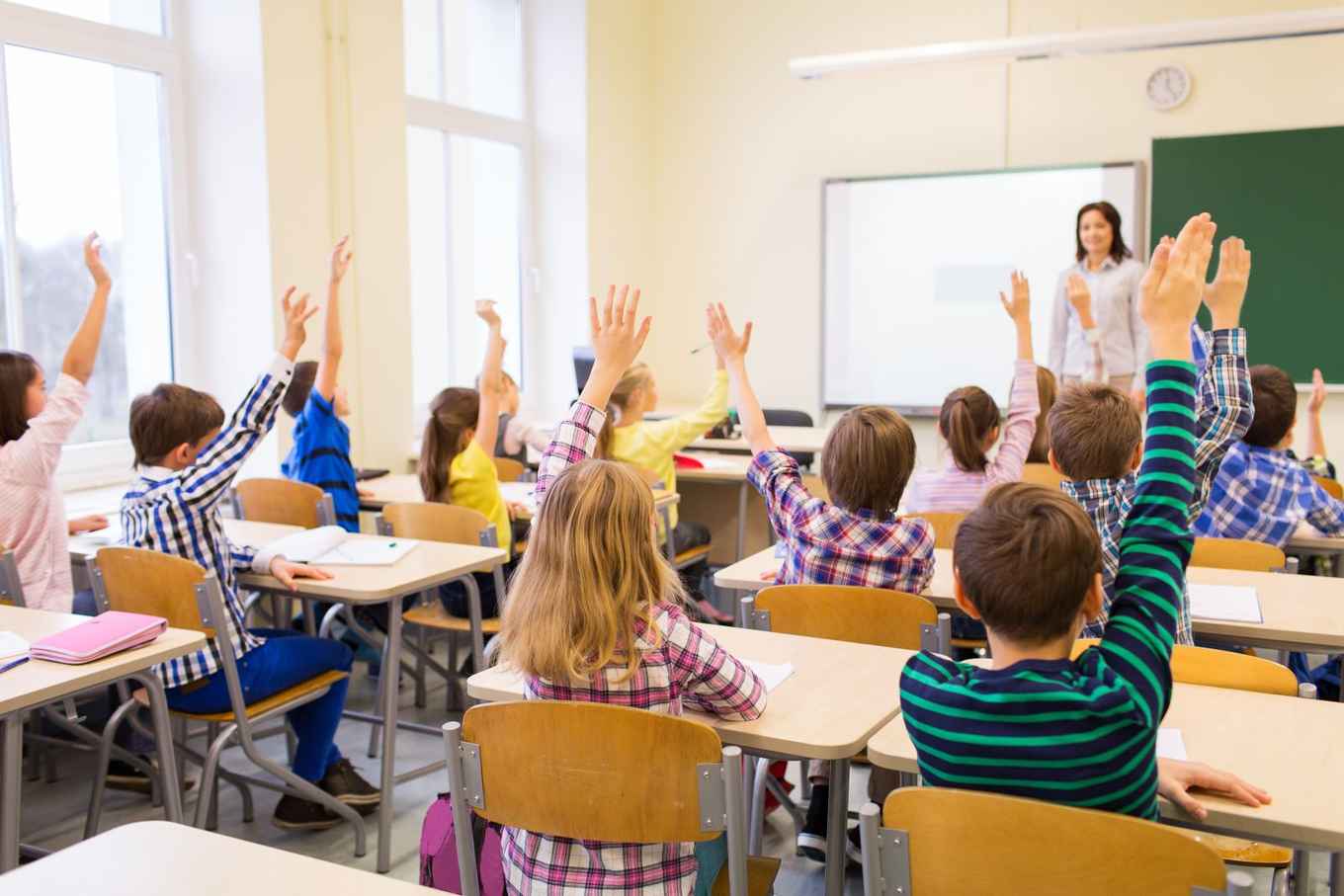Children from disadvantaged backgrounds often have negative views of themselves and their academic abilities, even when their achievements and abilities are equal to those of their peers. New research on self-view development shows that these self-views emerge, in part, because children from disadvantaged backgrounds are exposed to denigrating messages about their intellectual ability. For example, they may receive well-meaning but debilitating feedback from teachers, such as unsolicited help and inflated praise. Their negative self-views may, in turn, undermine academic achievement, thus contributing to growing inequality in academic careers.

At the age of 15, children from disadvantaged backgrounds are seven times more likely to underperform at school than are other children. This creates achievement inequality, where children with equal abilities are not achieving the same educational outcomes. This is a tremendous loss of potential and has major implications for the rest of children's lives.
Self-views and inequality
Eddie Brummelman (pedagogical scientist at the University of Amsterdam) and Constantine Sedikides (social psychologist at the University of Southampton) studied the role of children's self-views in academic inequality. How do children from disadvantaged backgrounds view their abilities, worth, and deservingness? How are these self-views reinforced in the classroom? And what are the consequences of these self-views for academic achievement? 'Answers to these questions are important because they provide an insight into how inequality can become ingrained in children's self-views,' Brummelman explains.
In their theoretical review paper, Brummelman and Sedikides combed through hundreds of studies on self-view development and achievement inequality in primary and secondary school, bringing together insights from psychology, educational sciences, and sociology to find answers to their questions. They defined having a disadvantaged background as growing up in a family with a low socioeconomic status (SES).
Children's negative self-views
The analysis reveals that children from disadvantaged backgrounds consider themselves less intelligent, believe that their lack of intelligence is fixed ('fixed mindset'), feel less worthy, and think that they are less deserving than others. 'They hold these self-views regardless of their actual abilities and achievements, which shows that these self-views are unrealistically negative,' Brummelman says.
Stereotypes held by teachers
The researchers then show how the negative self-views of children from disadvantaged backgrounds are perpetuated by stereotypes. 'Children from disadvantaged backgrounds are often seen by teachers as less intelligent and less able to grow their intelligence, even when they are as intelligent as their peers. They receive lower school recommendations, receive less preferential treatment, and are more likely to receive discouraging feedback, which reinforces their negative self-views,' Brummelman says. 'This discouraging feedback can be well-intentioned, such as unsolicited help when the child is struggling or inflated praise when the child does well.'
Brummelman and Sedikides stress that that individuals should not be blamed. 'We show how teachers and children are trapped in a socio-cultural context with pervasive stereotypes about individuals from disadvantaged backgrounds.'
Meritocratic ideas in the school system
The researchers show that the negative self-views of children from disadvantaged backgrounds are reinforced by environments that embrace meritocratic ideas. 'Meritocracy means: success is your own doing, and failure is your own fault. This idea is commonplace in schools. Schools that applaud all kinds of competition, for example. This can take a number of forms, such constantly comparing children with one another and awarding the highest-achieving children with stickers or other kind of recognition.' This emphasis on children's own merit is common in countries with high income inequality and rigid between-school tracking, which is the case in many Western countries, as the study shows.
'This leads children from disadvantaged backgrounds to arrive at the unjust conclusion: I'm not doing well in school because I'm not smart enough,' Brummelman argues. 'This harms their self-views and academic achievement, contributing to achievement inequality. Various studies show that children with negative self-views shy away from challenges, are more likely to give up when the going gets tough and perform more poorly under pressure.' Ironically, then, disadvantaged children's self-views encourage the kinds of behaviors that reinforce the negative views that teachers have of them, state the researchers. 'This sets in motion a downward spiral that contributes to growing disparities in self-views and academic achievement.'
Don't just target children's self-views
With their study, the researchers identify several leverage points for efforts to address achievement inequality. 'From the individual level to the system level,' Brummelman says, 'from the negative self-views of children from disadvantaged backgrounds to the ways in which these self-views are reinforced by teachers, the school system, and pervasive societal ideas.'
The researchers warn against interpreting their findings as suggesting that we should simply change disadvantaged children's self-views. 'Children's self-views are influenced by structural factors like stereotypes. It is not enough and even harmful to simply teach children to have more self-confidence. It may convey to children from disadvantaged backgrounds that they are themselves to blame for their predicament. 'Targeting children's self-views can only be effective if we also target the structural factors that contribute to these self-views.'
About the article
Eddie Brummelman & Constantine Sedikides, 'Unequal Selves in the Classroom: Nature, Origins, and Consequences of Socioeconomic Disparities in Children's Self-Views,' in: Developmental Psychology, DOI: 10.1037/dev0001599






